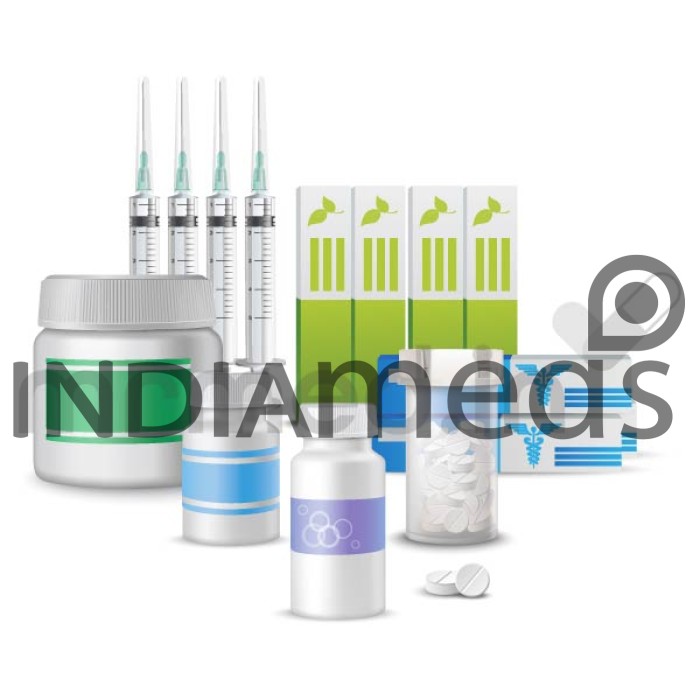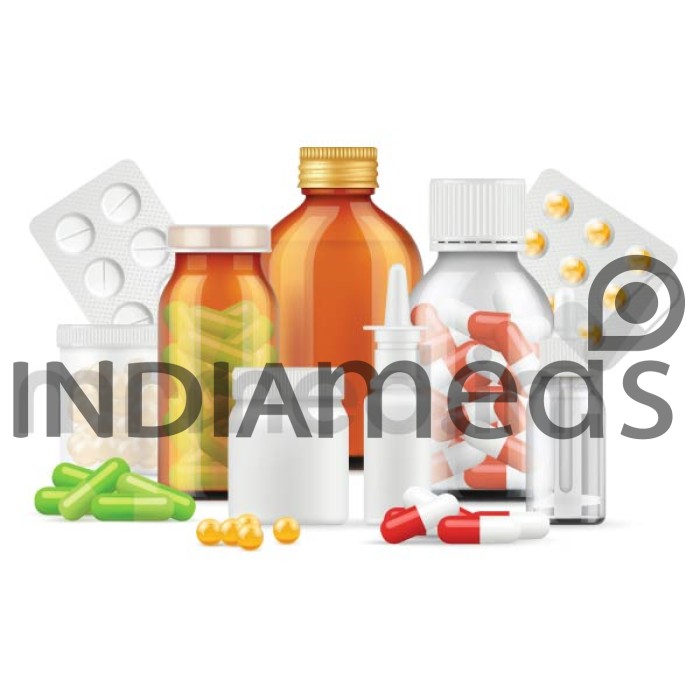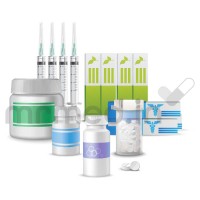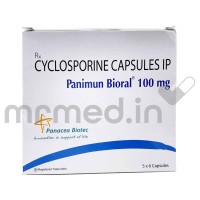Leubine cream 10gm contains an active component of luliconazole. It belongs to the class of drugs known as azole antifungals. It is an antifungal medication used to treat various fungal infections of the skin, including athlete's foot (tinea pedis), jock itch (tinea cruris), and ringworm (tinea corporis). Athlete's foot is a common fungal infection that affects the feet, particularly the spaces between the toes, which can cause itching, redness, cracking, and peeling of the skin. Jock itch is a fungal infection that affects the groin and inner thighs. Ringworm: Despite its name, ringworm is not caused by a worm. A fungal infection can affect various body parts, causing circular or ring-shaped rashes with raised edges and a clear center.
If you have a history of hypersensitivity to drug or any other ingredients in its products, you should avoid using them. Leubine cream 10gm should not be applied to open wounds, cuts, or areas of broken skin. It should not be applied to the eyes, mouth, or other mucous membranes. Individuals with compromised immune systems, such as HIV/AIDS or undergoing immunosuppressive therapy, may be at an increased risk of fungal infections. Leubine cream 10gm's use in these situations requires careful monitoring by a healthcare provider. It may not be approved for use in children under a certain age or weight. Always follow a healthcare provider's guidance when considering using leubine cream 10gm for children. Before using this medication in older age, it is important to consult a healthcare provider.
Therapeutic Effects of Leubine Cream 10gm
Pregnancy
Leubine cream 10gm's safety during pregnancy has not been well established. Consult your healthcare provider before using it if you are pregnant or planning to become pregnant.
Breast Feeding
It is unclear whether leubine cream 10gm passes into breast milk. Consult your healthcare provider before using it if you are breastfeeding.
Lungs
Consult your healthcare provider if you have a history of lung conditions before using leubine cream 10gm.
Liver
Patients with liver dysfunction should consult a healthcare provider before taking leubine cream 10gm.
Alcohol
Excessive alcohol consumption can weaken the immune system and potentially worsen fungal infections. It is advised to avoid leubine cream 10gm with alcohol.
Driving
If you experience any adverse effects that affect your motor ability, consult your doctor regarding it.
Serious
- Severe skin irritation or allergic reaction
- Worsening skin infection
Common
- Mild skin irritation
- Dry skin
- Peeling or flaking skin
It's generally recommended to avoid applying makeup or cosmetics to the treated area while using leubine cream 10gm. These products could interfere with the effectiveness of the medication.
Exposure to sunlight or UV rays can increase skin sensitivity. Consider using sun protection measures like clothing or sunscreen on treated areas if you need to go out in the sun.
Improvement in symptoms, such as reduced itching, redness, and scaling, is a positive sign that the medication works. However, continue using it as prescribed until the treatment course is complete.
If you miss an application, apply it as soon as you remember. However, if it's close to the time for the next application, skip the missed one and resume your regular schedule.
Continue using leubine cream 10gm for the full recommended treatment duration, even if your symptoms improve. This helps ensure complete eradication of the fungal infection.
Mild side effects like skin irritation or dryness typically improve as your skin adjusts to the medication. However, if side effects persist or worsen, consult your healthcare provider.
Molecule name: Luliconazole | Therapeutic class: Antifungal agents |
Pharmacological class: Azole antifungals | Indications: 1. Athlete's foot 2. Jock Itch 3. Ringworm infections |







-200x200.jpg)
